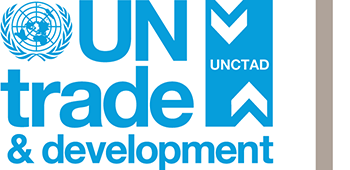The study addresses the disincentive features of direct tax revenue mobilization in Kenya. The primary objective was to undertake a broad review of existing income tax laws using the UNECA-developed analytical framework. The aim was to identify key distinctive features and tax base broadening policy options.



